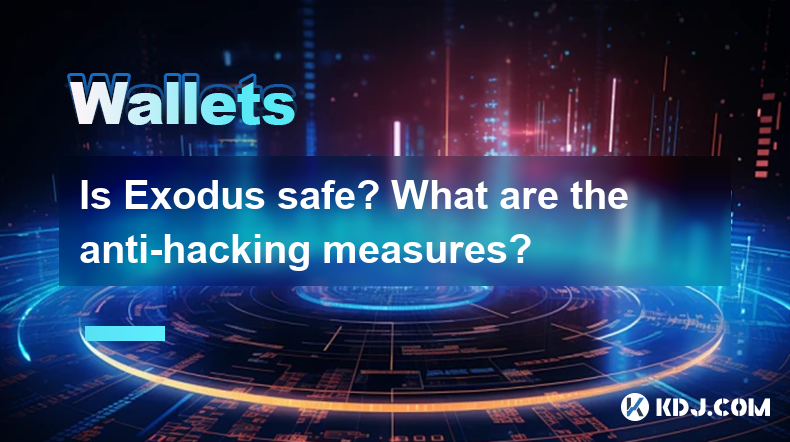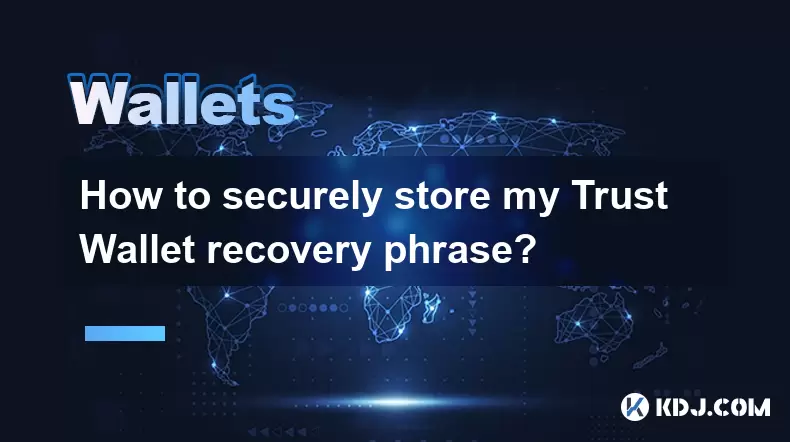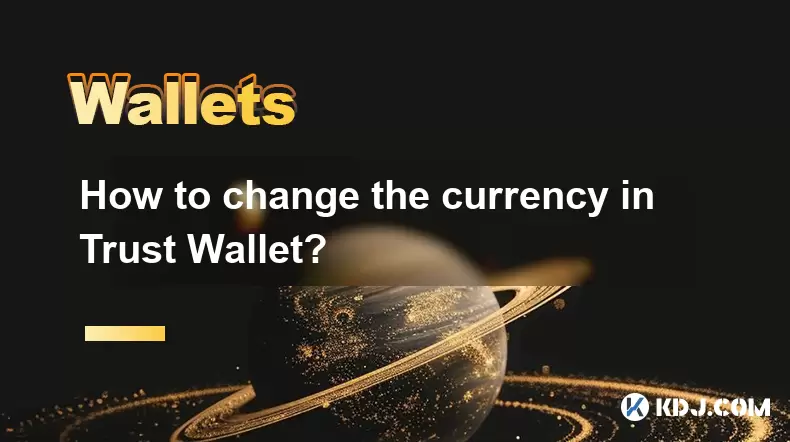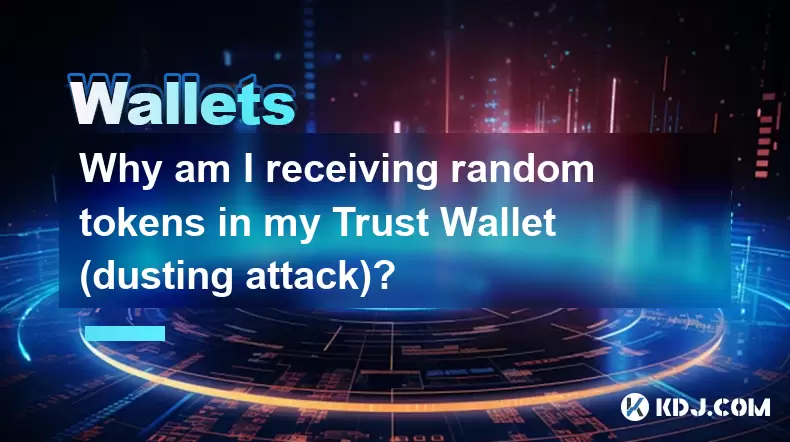-
 Bitcoin
Bitcoin $114200
0.00% -
 Ethereum
Ethereum $3637
0.56% -
 XRP
XRP $2.950
-2.01% -
 Tether USDt
Tether USDt $0.9999
0.02% -
 BNB
BNB $761.0
0.55% -
 Solana
Solana $164.1
-1.38% -
 USDC
USDC $0.9999
0.02% -
 TRON
TRON $0.3332
0.36% -
 Dogecoin
Dogecoin $0.2012
-0.52% -
 Cardano
Cardano $0.7261
-1.41% -
 Hyperliquid
Hyperliquid $37.62
-2.13% -
 Stellar
Stellar $0.3930
-2.65% -
 Sui
Sui $3.441
-0.16% -
 Bitcoin Cash
Bitcoin Cash $563.8
0.70% -
 Chainlink
Chainlink $16.50
0.09% -
 Hedera
Hedera $0.2424
-0.14% -
 Ethena USDe
Ethena USDe $1.001
0.01% -
 Avalanche
Avalanche $22.20
0.00% -
 Litecoin
Litecoin $118.0
-2.48% -
 UNUS SED LEO
UNUS SED LEO $8.991
0.12% -
 Toncoin
Toncoin $3.195
-3.87% -
 Shiba Inu
Shiba Inu $0.00001217
0.12% -
 Uniswap
Uniswap $9.674
-0.21% -
 Polkadot
Polkadot $3.633
1.00% -
 Monero
Monero $295.3
-0.82% -
 Dai
Dai $0.9999
0.00% -
 Bitget Token
Bitget Token $4.321
-0.41% -
 Cronos
Cronos $0.1392
0.73% -
 Pepe
Pepe $0.00001027
-0.89% -
 Aave
Aave $258.5
0.32%
Is Exodus safe? What are the anti-hacking measures?
Exodus ensures safety with non-custodial control, AES-256 encryption, 2FA, and regular updates to protect against hacking, malware, and phishing.
May 06, 2025 at 09:07 am

Is Exodus Safe? What Are the Anti-Hacking Measures?
When considering the safety of a cryptocurrency wallet like Exodus, it's crucial to evaluate its security features and anti-hacking measures. Exodus is a popular multi-currency wallet that prides itself on its user-friendly interface and robust security protocols. This article will delve into the safety aspects of Exodus and the measures it employs to protect users from hacking attempts.
Understanding Exodus Security Features
Exodus places a strong emphasis on securing users' funds through a combination of advanced technologies and user-centric design. One of the primary security features of Exodus is its non-custodial nature. This means that users have full control over their private keys, which are never stored on Exodus servers. This significantly reduces the risk of centralized attacks, as there is no single point of failure.
Another key feature is encryption. All data within the Exodus wallet is encrypted, ensuring that even if a hacker were to gain access to a user's device, they would not be able to decipher the encrypted data without the user's password. AES-256 encryption is used, which is considered one of the most secure encryption methods available.
Anti-Hacking Measures in Exodus
Exodus employs several anti-hacking measures to protect users' assets. Two-factor authentication (2FA) is an optional feature that adds an extra layer of security. Users can enable 2FA to require a secondary verification step, typically through a mobile app or SMS, when accessing their wallet. This helps prevent unauthorized access even if someone knows the wallet password.
Password protection is another critical aspect of Exodus's security. Users are encouraged to create strong, unique passwords to protect their wallets. Exodus also implements a password strength indicator to guide users in creating robust passwords. Additionally, the wallet supports password recovery through a 12-word recovery phrase, which users should store securely offline.
Protection Against Malware and Phishing
Exodus takes proactive steps to protect users from malware and phishing attacks. The wallet's developers regularly update the software to patch any vulnerabilities and enhance security features. Regular updates ensure that users have the latest protections against emerging threats.
To combat phishing, Exodus advises users to download the wallet only from its official website and to be cautious of any emails or messages requesting personal information or urging them to click on suspicious links. User education is a vital part of Exodus's strategy to prevent phishing attacks, with resources available on their website and social media channels.
Cold Storage and Hardware Wallet Integration
For users seeking an additional layer of security, Exodus supports cold storage and integrates with popular hardware wallets like Trezor and Ledger. Cold storage involves keeping cryptocurrencies offline, making it extremely difficult for hackers to access. By integrating with hardware wallets, Exodus allows users to manage their assets securely while still enjoying the user-friendly interface of the software wallet.
To use a hardware wallet with Exodus, follow these steps:
- Connect your hardware wallet to your computer using a USB cable.
- Open Exodus and navigate to the settings menu.
- Select the hardware wallet option and follow the on-screen instructions to link your hardware wallet to Exodus.
- Transfer your assets to the hardware wallet address generated by Exodus for enhanced security.
Exodus's Approach to User Data Privacy
Exodus is committed to protecting user data privacy. The wallet does not collect personal information or track user activities. No registration is required to use Exodus, which further enhances user privacy. All transactions are processed directly between the user's wallet and the blockchain, ensuring that no third party has access to sensitive data.
Community and Developer Support
The Exodus community and developer support play a significant role in maintaining the wallet's security. Regular audits are conducted by independent security firms to identify and address potential vulnerabilities. The Exodus team also encourages users to report any suspicious activities or security concerns, fostering a collaborative environment to enhance wallet safety.
Frequently Asked Questions
Q: Can I recover my Exodus wallet if I lose my password?
A: Yes, you can recover your Exodus wallet using the 12-word recovery phrase. It's essential to keep this phrase secure and offline to prevent unauthorized access.
Q: Is it safe to store large amounts of cryptocurrency in Exodus?
A: While Exodus is designed with strong security features, it is recommended to use cold storage or hardware wallet integration for large amounts of cryptocurrency to maximize security.
Q: How often does Exodus release security updates?
A: Exodus regularly releases security updates to address new threats and vulnerabilities. Users are encouraged to keep their wallet software up to date to benefit from the latest security enhancements.
Q: Can I use Exodus on multiple devices?
A: Yes, you can use Exodus on multiple devices. However, it's crucial to ensure that each device is secure and that you use the same recovery phrase to access your wallet across different devices.
Disclaimer:info@kdj.com
The information provided is not trading advice. kdj.com does not assume any responsibility for any investments made based on the information provided in this article. Cryptocurrencies are highly volatile and it is highly recommended that you invest with caution after thorough research!
If you believe that the content used on this website infringes your copyright, please contact us immediately (info@kdj.com) and we will delete it promptly.
- Brazil, Bitcoin, Hearing Date: Is Brazil About to Embrace Bitcoin?
- 2025-08-06 20:30:38
- Stabull DEX on Base Chain: A New Era for Stablecoins?
- 2025-08-06 20:47:53
- WeWake Finance: Is This the Crypto ROI Opportunity You've Been Waiting For?
- 2025-08-06 21:10:18
- PancakeSwap, US Stocks, and Perpetual Contracts: A New Frontier in DeFi
- 2025-08-06 21:10:18
- South Korea, Stablecoins, and Online Banks: KakaoBank's Bold Move
- 2025-08-06 20:47:53
- PROVE the Future: Price Predictions & Succinct's ZK Revolution (2025-2030)
- 2025-08-06 20:30:38
Related knowledge

How to add TRC20 token to Trust Wallet?
Aug 04,2025 at 11:35am
Understanding TRC20 and Trust Wallet CompatibilityTrust Wallet is a widely used cryptocurrency wallet that supports multiple blockchain networks, incl...

How to securely store my Trust Wallet recovery phrase?
Aug 06,2025 at 07:14am
Understanding the Importance of Your Trust Wallet Recovery PhraseYour Trust Wallet recovery phrase, also known as a seed phrase or mnemonic phrase, is...

How to change the currency in Trust Wallet?
Aug 06,2025 at 07:14pm
Understanding Currency Display in Trust WalletTrust Wallet does not allow users to change the base currency used for valuation in the same way traditi...

Why am I receiving random tokens in my Trust Wallet (dusting attack)?
Aug 06,2025 at 10:57am
What Is a Dusting Attack in the Cryptocurrency Space?A dusting attack occurs when malicious actors send minuscule amounts of cryptocurrency—often frac...

What is a watch-only wallet in Trust Wallet?
Aug 02,2025 at 03:36am
Understanding the Concept of a Watch-Only WalletA watch-only wallet in Trust Wallet allows users to monitor a cryptocurrency address without having ac...

Why can't I connect my Trust Wallet to a DApp?
Aug 04,2025 at 12:00pm
Understanding DApp Connectivity and Trust WalletConnecting your Trust Wallet to a decentralized application (DApp) is a common process in the cryptocu...

How to add TRC20 token to Trust Wallet?
Aug 04,2025 at 11:35am
Understanding TRC20 and Trust Wallet CompatibilityTrust Wallet is a widely used cryptocurrency wallet that supports multiple blockchain networks, incl...

How to securely store my Trust Wallet recovery phrase?
Aug 06,2025 at 07:14am
Understanding the Importance of Your Trust Wallet Recovery PhraseYour Trust Wallet recovery phrase, also known as a seed phrase or mnemonic phrase, is...

How to change the currency in Trust Wallet?
Aug 06,2025 at 07:14pm
Understanding Currency Display in Trust WalletTrust Wallet does not allow users to change the base currency used for valuation in the same way traditi...

Why am I receiving random tokens in my Trust Wallet (dusting attack)?
Aug 06,2025 at 10:57am
What Is a Dusting Attack in the Cryptocurrency Space?A dusting attack occurs when malicious actors send minuscule amounts of cryptocurrency—often frac...

What is a watch-only wallet in Trust Wallet?
Aug 02,2025 at 03:36am
Understanding the Concept of a Watch-Only WalletA watch-only wallet in Trust Wallet allows users to monitor a cryptocurrency address without having ac...

Why can't I connect my Trust Wallet to a DApp?
Aug 04,2025 at 12:00pm
Understanding DApp Connectivity and Trust WalletConnecting your Trust Wallet to a decentralized application (DApp) is a common process in the cryptocu...
See all articles

























































































